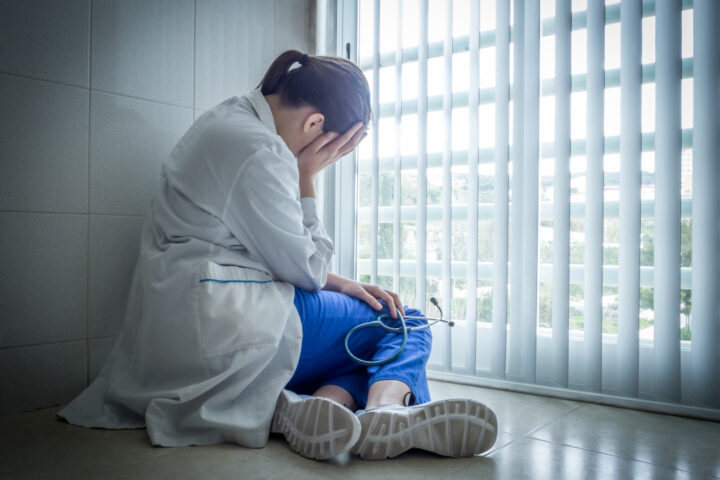COVID 19 pandemic forever changed the way humans live. Healthcare it seems, has to bear the burden of fighting this pandemic (and all other enemies of health ) while continually learning about this little known enemy. These we have to do at the same time and at a speed unheard of in the past.
An Unknown Enemy
The hardest enemy to fight is the enemy you knew little or nothing at all. In medicine, our chances of neutralising a disease weighs heavily on knowing the disease and its behaviour. That is, if there is literature about that disease and if we have time digesting this literature. Unfortunately, this novel coronavirus caught us all unprepared and there is, but little time for most front liners to learn this disease. Our knowledge of this pandemic is rapidly increasing per science’s standard, but we are still a long way to go for a standardised prevention and treatment modality.
Learn, We Must.
COVID-19 is far from over and the we may be looking already at the new normal. Nonetheless, we must learn and treat patients at the same time or we’d be repeating mistakes made in the past. Fortunately, I see beacons of hope from stories frontline on how health workers continue to learn and treat patients in unique ways. There’s an outpouring of collaboration and sharing of ideas and a healthy dose of criticisms too. I have seen learning technologies taking front and center of this effort. Suddenly, alternative ways of learning went mainstream in a matter of months.
Alternative ways of learning.
As an educator, I am interested in how our health front liners continue learning amidst this pandemic. More importantly, I’m interested in making the process of learning more efficient, adaptive and more impactful to our current scenario. This way, we might be able to unburden our front liners and increase our chances of neutralising this enemy as well as the other diseases we’ve been fighting for years. This will be the topic of our discussion at #HealthXPh twitter chat August 1 9-10 PM Manila time.
T1. How do you continue learning in the new normal?
What changes- knowledge, skills or behaviour you had to acquire or change to do this? What was your top objective? What was your strategy or approach if any?What resources, technologies did you use? How do you balance your time learning and serving in the frontlines? What were your difficulties?
T2.What are your metrics for measuring learning success?
Metrics are a way of knowing we actually achieved the objectives we set earlier- that we learned something and that learning is what we aimed for in the beginning. For example, I usually set an objective of ” to learn diagnosing COVID-19 at the end of this 45 minute Zoom teleconference”. My key metric will be ” to get 75% of the correct answers on the post lecture online assessment related to diagnosing COVID-19″. Im usually dead tired after hospital work, so I use very specific metrics to have an impactful, realistic learning success.
T3. How did this learning approach impacted your practice of healthcare?
This pandemic already wreak havoc on everything we know existed, more so in healthcare. Guess were I learned about donning and doffing PPEs before actually attending a formal training on doing so? I also had to invest time, finances to alternative ways of learning. I also had to redo health processes inside the hospital and clinics to incorporate learning I got from these alternative pathways.
Log in to your twitter account and don’t forget to join our discussion at #HealthXPh twitter chat August 1, 2020 9-10 PM Manila time. Append #HealthXPh to all your tweets around these three questions:
- T1. How do you continue learning in the new normal?
- T2. What are your metrics for measuring learning success?
- T3. How did this learning approach impacted your practice of healthcare ?
Change does not happen overnight in healthcare but this pandemic pushed us to disrupt healthcare in scale and speed un heard of in the past. This include learning how to learn.
Image by Freepik







